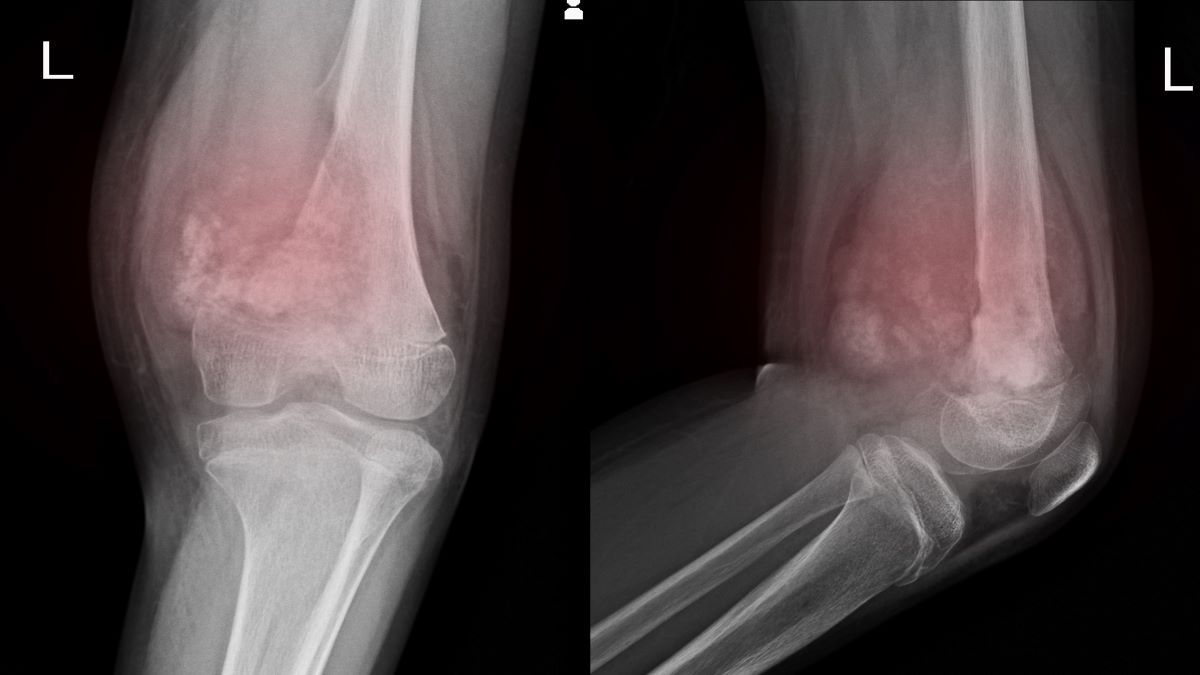A soft tissue sarcoma is a form of cancer that develops in tissues whose primary function is to support, connect, and surround other body parts. Cancer of this type is rare. Affected structures may include muscles, blood vessels, the lining of joints, fat, tendons and nerves. Soft tissue sarcoma can develop anywhere in the body. However, the most common cases occur in the arms, legs and abdomen. There are three primary methods to treat this condition – surgical removal, radiation and chemotherapy. The treatment depends on the type, size, location in the body and intensity of the tumor.
Although soft tissue sarcoma rarely happens, there are more than 50 subtypes of this form of cancer. Some of them mainly affect children. Other types of soft tissue sarcoma impact adults. Unfortunately, the identification of soft tissue sarcoma can be challenging. The problem is that it can be mistaken for a different type of growth.
Types of soft tissue sarcoma
As already mentioned, soft tissue sarcomas have a wide variety of subtypes. The differences arise from the kind of cells that are affected. However, the most common types include:
- Angiosarcoma
- Dermatofibrosarcoma protuberans
- Epithelioid sarcoma
- Liposarcoma
- Myxofibrosarcoma
- Gastrointestinal stromal tumor (GIST)
- Synovial sarcoma
- Leiomyosarcoma
- Kaposi’s sarcoma
- Solitary fibrous tumor
- Malignant peripheral nerve sheath tumors
- Rhabdomyosarcoma
- Undifferentiated pleomorphic sarcoma
Causes of soft tissue sarcoma
Generally, any cancer type, including soft tissue sarcoma, occurs when cells start dividing without control. It happens because the cells develop a genetic error in their DNA. This error is called a mutation. When abnormal cells accumulate, they form a tumor. Additionally, the last is capable of growth and spreading to other parts of the body. The type of cells where the mutation occurred determines what kind of soft tissue sarcoma will develop.
Risk factors
In most cases, there is no possibility to determine a specific reason for soft tissue sarcoma development. Nonetheless, a defined group of factors can increase the person’s risk of getting sarcoma. They include:
- radiation exposure such as previous radiation treatment of cancer type another from soft tissue sarcoma
- chemical exposure to substances like herbicides, dioxin and arsenic
- inherited syndromes like hereditary retinoblastoma, neurofibromatosis, familial adenomatous polyposis, Li-Fraumeni syndrome, tuberous sclerosis and Werner syndrome
Symptoms of soft tissue sarcoma
In the early stages, soft tissue sarcoma can occur without the symptoms. However, as the tumor enlarges, it can cause visible swelling or lumps. In addition, the tumor can put pressure on nerves or muscles. In this case, the person may experience painful sensations. Therefore, it is essential to see a doctor as soon as you noticed any concerning signs. The last may include:
- the lump that is growing or causing pain
- any lump located deep inside the muscles
- recurrence of removed lump
Click Here to read about Treatment.
















Leave a Reply
You must be logged in to post a comment.